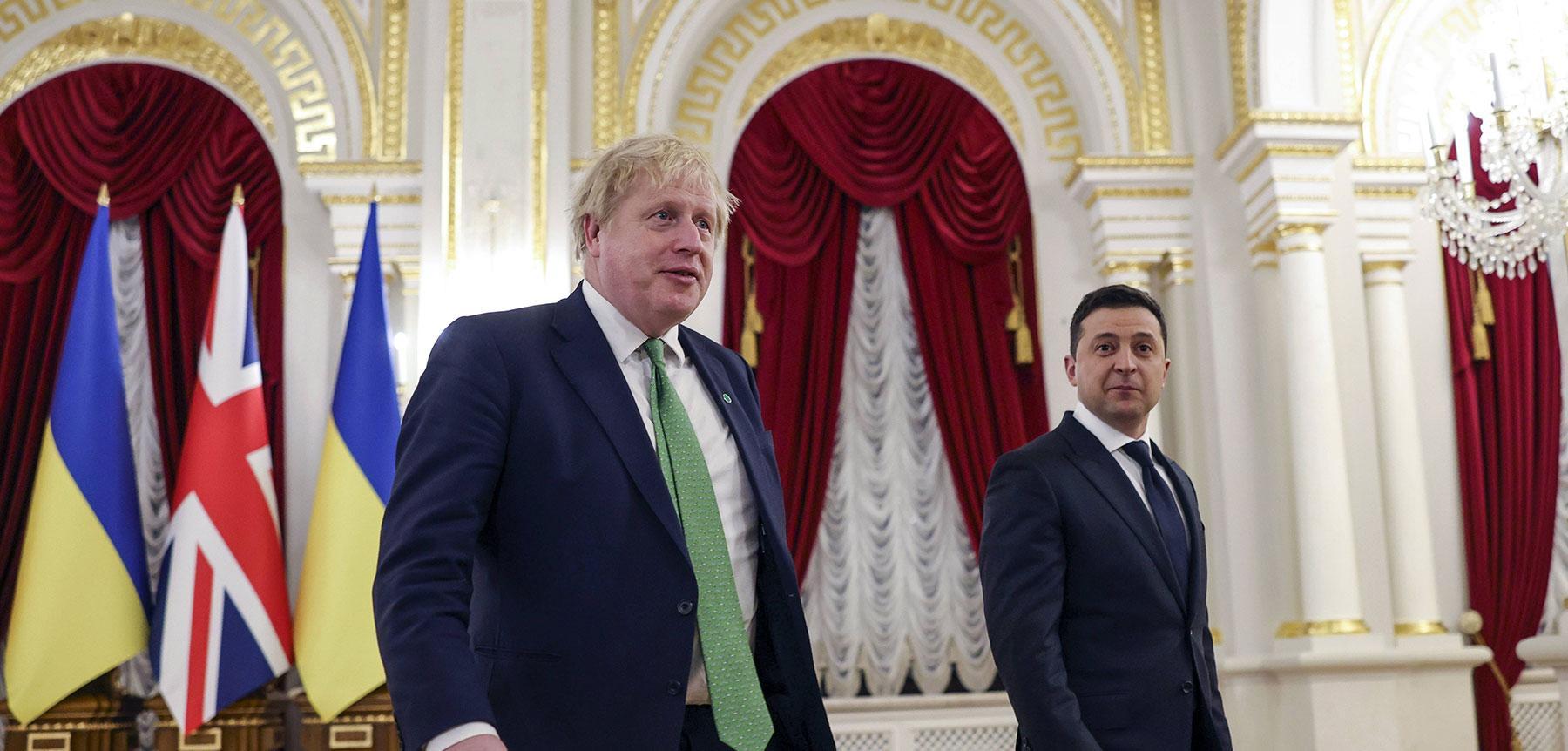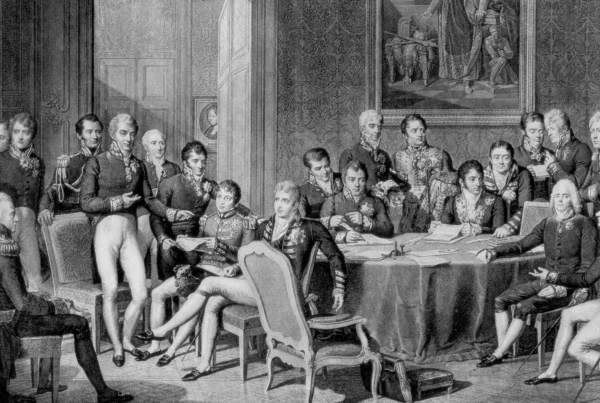Illegal gatherings at 10 Downing Street, seat of British Prime Minister Boris Johnson, during UK lockdowns have shaken the government’s credibility at a time when the country suffers from rising inflation and the ongoing pandemic. His aides are leaving the sinking ship as Johnson tries to boost his image by visiting Ukraine. Why Johnson’s resignation is still not imminent as he makes his last stand.
Maximilian Kriz
10 February 2022
Ignorance, stupidity, or carelessness? ‘What was it?’ Former Prime Minister Theresa May asked her successor Boris Johnson during a parliamentary debate on the Gray Report on January 31st, an investigation into 16 illegal parties in Downing Street during the height of lockdowns in 2020. The Report concluded that some of the gatherings should not have been allowed and attested Johnson ‘failures of leadership’. Did he not know the lockdown rules he wrote, did he not understand them, or did he break them deliberately?
May’s question mirrors the exasperation of the entire country. Boris Johnson– once the shining winner of the 2019 elections who promised the country an economic miracle – has seen his popularity plummet to new lows in the wake of ‘Partygate’. While he has apologised for the gatherings, 73% of the population are of the opinion that Johnson is doing badly as PM, a YouGov survey found. Even more worrying for him, several MPs from his own party have openly called for his resignation.
The UK Parliament is only half-way through its legislative period. Much has happened in the first two-and-a-half years, including Brexit and the Covid pandemic, and much can happen in the remaining period. The government hopes that by focussing on its long-promised levelling up agenda and by boosting economic development in the de-industrialised North of the country, it can distract from ‘Partygate’ and regain voters’ trust until the next general elections in 2024.
However, Johnson’s odds are not in his favour. In addition to the Gray Report, police have started criminal investigations into the festivities in Downing Street because of potential breaches of lockdown rules. Meanwhile, the pandemic continues to exact daily death tolls in the hundreds, and record-level inflation is drastically reducing the purchasing power of the British public. Last December, Johnson’s party lost the local by-election in North Shropshire, a traditionally Conservative ‘safe seat’. It is a defeat that does not bode well for the upcoming English, Scottish and Welsh local elections in May
Moreover, on the opposite side of the House of Commons, the Labour Party under Keir Starmer has become a serious threat, leading opinion polls by wide margins. Although much criticised internally for excluding his predecessor Jeremy Corbyn from the party, Starmer has learned the lessons from Labour’s debacle in the 2019 general elections. He has thus embraced patriotism and distanced himself from Corbyn’s left-wing identification. By cultivating a calm and professional image, he has created a centrist alternative to the Conservatives. The contrast between composed Starmer and chaotic Johnson could not be starker.
Yet, Starmer will likely face a different opponent at the next elections. In the public discourse, the most asked question has become when, not if, Johnson will step down. The answer is, not necessarily soon.
Potential Conservative contenders for his position are indeed numerous, including two popular hopefuls, Chancellor Rishi Sunak and Foreign Secretary Liz Truss. Nonetheless, the absence of an official leadership challenge so far is not entirely surprising. As police investigations into ‘Partygate’ will likely hold more embarrassing news for Downing Street, contenders might be intent on leaving Johnson in office for now to take the blame for further revelations, in order to emerge as the new Conservative hope in time for the 2024 elections. Meanwhile, Johnson refuses to resign over the Gray Report.
Sauve-Qui-Peut: Johnson’s closest aides continue to depart and his “ship” continues to sink. In a bid to weather the storm, Johnson has been quick to nominate a new chief of staff and director of communications and has sought to strengthen his profile as trusted global leader by supporting Ukraine’s President Zelensky during a visit in Kyiv. Yet his visit to Ukraine and his promise to send UK military advisors, troops and military equipment have done little to swing the tide in his favor, while his new appointees have been criticised due to alleged conflicts of interests with other professional engagements.
Theresa May once was described as ‘dead woman walking’ by the British media, repeatedly unable to pass her Brexit legislation in Parliament. Boris Johnson follows in her footsteps. Although he enjoys a large parliamentary majority, he has lost his reputation as popular vote-winner and the support of close allies and many Conservative MPs. Without his once two biggest assets, authority and popularity, his days as leader of the party and the country are numbered.







